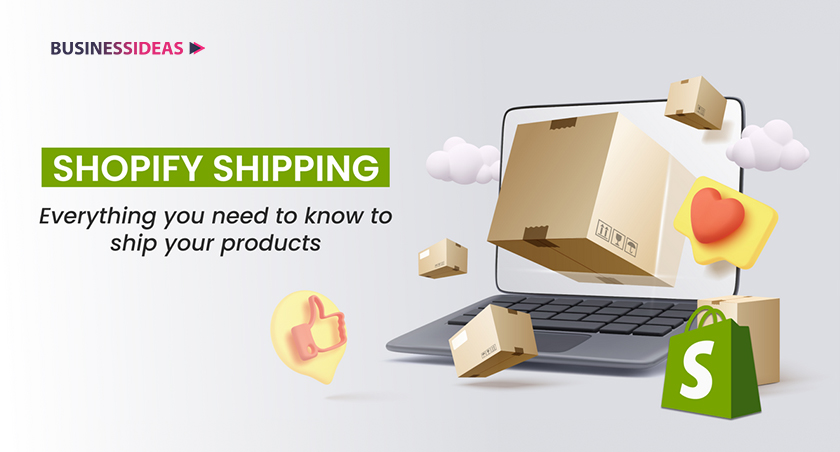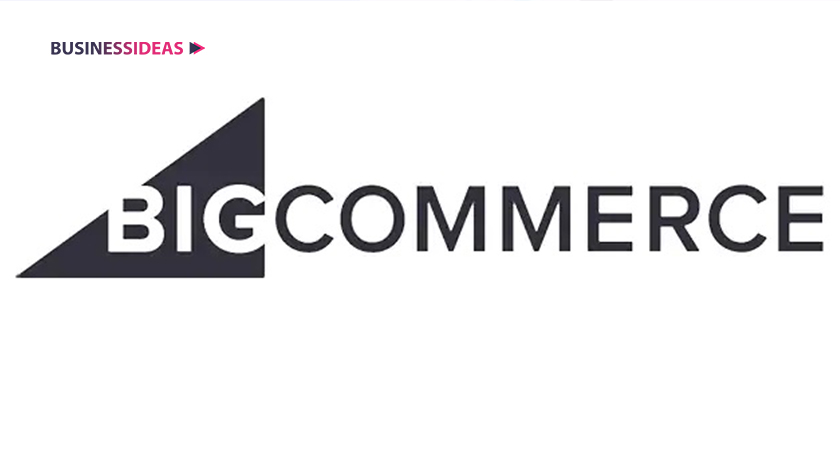In the flourishing world of online sales, having the right platform is Pivotal for your success. Imagine having a digital storefront that’s not difficult to manage, reflects your brand perfectly, and drives sales. That’s the power of a great Best ECommerce Platform We’ll explore some of the top options to help you find the perfect fit for your business, considering factors like ease of use, features, and scalability.Best ECommerce Platform
Table of Contents
ToggleBest ECommerce Platform Essentials
Before diving into specific platforms, let’s establish the core functionalities you should prioritize:
- Ease of Use: How user-friendly is the platform’s interface? Can you build and manage your store without extensive coding knowledge
- Product Management: Does the platform offer robust features for adding, editing, and showcasing your products
- Inventory Management: Can you efficiently track stock levels, manage product variants, and set up low-stock alerts?
- Payment Processing: Does the platform integrate seamlessly with popular payment gateways like PayPal or Stripe
- Security: Does the platform prioritize data security with features like SSL certificates and fraud prevention tools?
- Scalability: Can the platform accommodate your business growth, whether you’re starting small or aiming for high-volume sales
- Marketing and SEO Tools: Does the platform offer built-in marketing tools like email marketing or SEO optimization features to boost your online presence?
- App Integrations: Does the platform integrate with external apps to enhance functionality, such as accounting software or marketing automation tools
- Pricing: What are the platform’s pricing plans, and do they align with your budget and business needs?
Shopify
The All-in-One Powerhouse *Renowned for its user-friendliness and comprehensive feature set, Shopify is a popular choice for businesses of all sizes.Wide array of free templates and Paid templetes It offers a robust suite of tools for managing products, inventory, shipping, and marketing. Shopify stands out for its scalability – as your business grows, the platform can accommodate your evolving needs.Unlimited products & bandwidth Get 3 days free + 1 month for $1 However, Shopify’s pricing structure can be a consideration, with plans starting at $39 per month and additional transaction fees.Best ECommerce Platform
Pros:
- Industry leader with a robust feature set for managing your online store.
- Extensive app marketplace for adding additional functionality.
- Strong built-in marketing and SEO tools.
Cons:
- Pricing can become expensive for high-volume stores due to transaction fees.
- Limited design customization compared to drag-and-drop builders like Wix.
Best for: Businesses seeking a comprehensive and scalable eCommerce solution with a focus on growth and functionality.
Square Online
The Brick and Mortar Bridge Ideal for businesses that already operate a physical store and want to establish an online presence, Square Online integrates seamlessly with Square’s point-of-sale system. This allows you to manage your inventory and customer data across both channels effortlessly. While Square Online is user-friendly, it has a smaller feature set compared to some competitors. Pricing starts with a free plan with transaction fees, with paid plans offering more features at $29 per month.Best ECommerce Platform
Pros:
- Seamless integration with Square Point-of-Sale systems for omnichannel selling.
- Easy-to-use interface for managing products and orders.
- Competitive pricing plans.
Cons:
- Limited design flexibility compared to some other platforms.
- Feature set may not be as comprehensive as Shopify for complex businesses.
Best for: Businesses already using Square for in-person sales and those looking for a user-friendly solution with omnichannel capabilities.
BigCommerce
The Scalable Sales Machine Catering to high-volume merchants, BigCommerce is known for its robust features and ability to handle large product catalogs. It offers a high degree of customization and integrates with various sales channels and marketing tools. BigCommerce might have a steeper learning curve for beginners, and its pricing reflects its targeted audience, with plans starting at $80 per month.Best ECommerce Platform
Pros:
- Scalable solution built to handle high-volume stores and complex product catalogs.
- Built-in features for B2B selling, including customer groups and custom pricing.
- Strong SEO functionalities to boost online visibility.
Cons:
- Pricing can be higher than some other platforms, especially for larger businesses.
- Steeper learning curve compared to beginner-friendly options like Wix.
Best for: Established businesses with a large product inventory and a focus on B2B sales or high-volume transactions.
WooCommerce
The WordPress Warrior *For those already invested in the WordPress ecosystem, WooCommerce is a compelling option. This free, open-source plugin transforms your WordPress website into a fully functional online store. WooCommerce offers immense flexibility and customization potential, but it requires some technical knowledge for setup and maintenance. While the plugin itself is free, you’ll need to factor in WordPress hosting costs and potential plugin purchases.
Pros:
- Open-source platform offering maximum customization and control.
- Integrates seamlessly with WordPress websites.
- Vast array of free and paid extensions for adding functionality.
Cons:
- Requires some technical knowledge for setup and maintenance.
- Security management is the user’s responsibility.
Best for: Tech-savvy businesses with existing WordPress websites or those seeking a highly customizable and cost-effective solution.
Wix
The Drag-and-Drop Dream *Especially suited for beginners with limited technical knowledge, Wix boasts a user-intuitive interface that empowers you to create a visually appealing online store with its drag-and-drop editor. They offer a decent selection of ecommerce features, including product listings, inventory management, and secure payment gateways. However, Wix stores can feel somewhat restrictive in terms of design customization and scalability for larger businesses. Pricing starts at $17 per month for ecommerce plans.
Pros
- Beginner-friendly with a user-intuitive drag-and-drop editor.
- Wide range of beautiful and customizable templates.
- Affordable pricing plans.
Cons
- Limited flexibility in design compared to some other platforms.
- Fewer eCommerce-specific features on lower-tier plans.
Best for: Businesses prioritizing ease of use and affordability, with a focus on
Conclusion
Welcome to the grand finale of your journey to discovering the 5 Best ECommerce Platforms in 2024! Isn’t it thrilling to think about how far technology has brought us, allowing entrepreneurs to set up shop with just a few clicks? As someone who’s watched the digital landscape evolve, witnessing these platforms transform from simple shopping carts to robust suites offering incredible customization, insightful analytics, and seamless integrations is nothing short of remarkable.Best ECommerce Platform
Drawing from the latest studies by Forbes, which highlight a staggering 60% growth in online business efficiency thanks to these innovators, let’s gear up to conclude our exploration with a keen eye on the crème de la crème. Join us as we unpack the standout features that define excellence in the eCommerce world, ensuring your online venture is not just riding the wave, but commanding the digital seas with the best tools at your helm.











